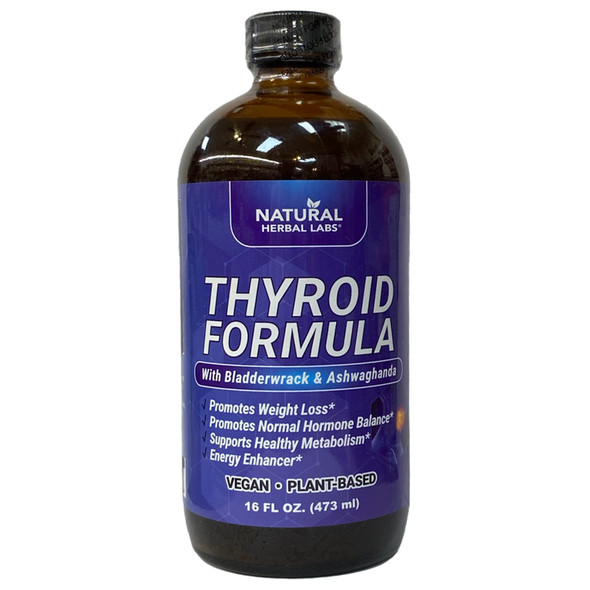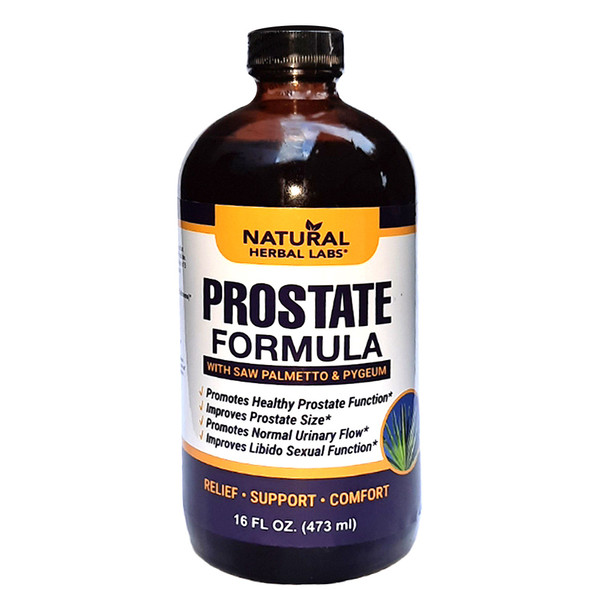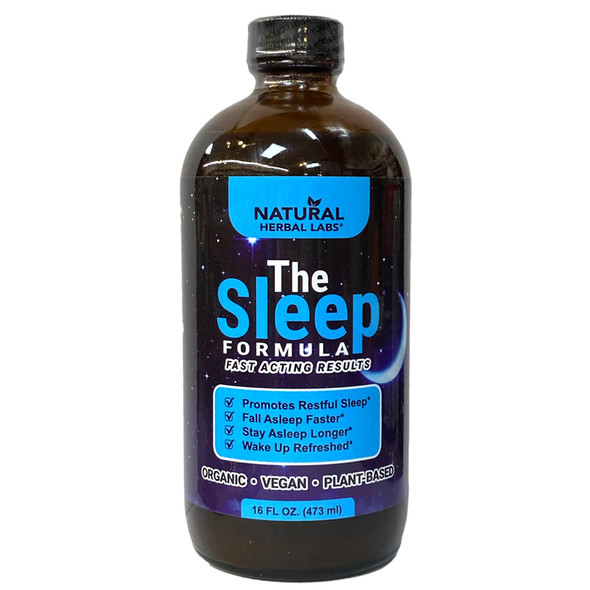Natural Herbal Labs
Natural Herbal Labs Fertility Formula 16oz
- SKU:
- NHL-FERTILITY16OZ
- Availability:
- Usually ships in 1-3 business days
- Shipping:
- Calculated at Checkout
Description
There is a complex network of hormones at play within a woman's body that are involved in reproduction and fertility.
The four key hormones are Follicle-Stimulating Hormone (FSH), Luteinising Hormone (LH) Oestradiol (Oestrogen)and Progesterone. Each hormone plays a vital role in the menstrual cycle rising and falling during each phase.
It is important to note that each woman's menstrual cycle is unique to her, as an individual.
Follicular-Stimulating Hormone (FSH): is one of the two control hormones - the other being LH - that is produced by the pituitary gland in the brain. FSH plays an important role in the menstrual cycle by stimulating the growth of ovarian follicles in the ovary ahead of ovulation, it is also responsible for increasing oestradiol production.
Luteinising Hormone (LH): is an important control hormone for sex steroid production, alongside follicle-stimulating hormone. Like FSH it is produced and released by the pituitary gland in the brain. LH is a key hormone for regulating the function of the ovaries in women.
LH's production is stimulated by the release of gonadotrophin-releasing hormone (GnRH) by the hypothalamus. GnRH binds to receptors on the pituitary gland, stimulating it to produce and release LH. LH then travels to the ovaries and acts on them to make them produce hormones that help to release an egg from the ovary: ovulation.
Oestradiol: is a type of oestrogen produced by the ovaries. Oestradiol helps to promote normal ovulation, conception and pregnancy.
A woman’s oestrogen levels naturally rise during the menstrual cycle. It’s this increase that enables an egg to develop and be released from the ovaries. Once this egg is released it can be fertilized by sperm. Oestrogen also prepares the body for pregnancy by thickening the lining of the uterus to allow a fertilized egg to implant and develop.
Progesterone: is a member of the steroid hormone family, progestogens. Alongside oestrogen, it is an ovarian response hormone.
When an egg is released, the corpus luteum produces progesterone. The progesterone stops the endometrium from growing anymore and gets the uterus prepared for the potential implantation of a fertilized egg. If the egg isn’t fertilized, then the corpus luteum will degenerate and progesterone levels will fall. However, if pregnancy occurs, progesterone levels will continue to rise. The placenta will later become the main source of progesterone for the duration of the pregnancy, helping to sustain the pregnancy.






